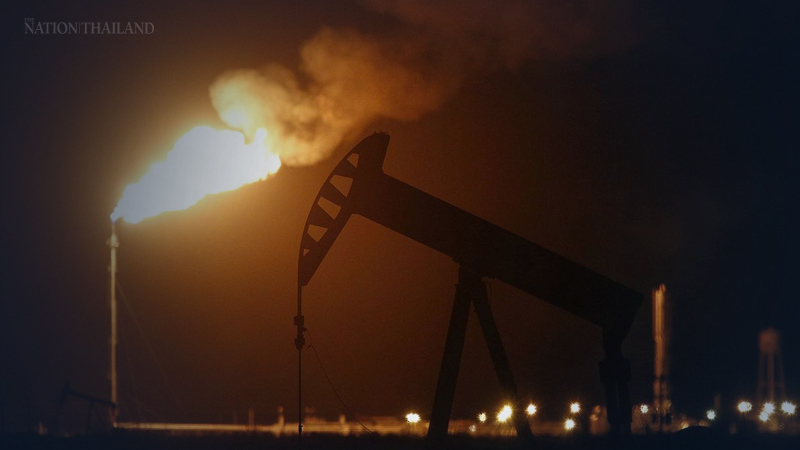Texas oil and gas sector contracts amid 'challenging' conditions

The contraction of the oil and gas industry in and around Texas continued in the fourth quarter as shale producers cut back on spending and jobs, the latest survey from the Federal Reserve Bank of Dallas showed.
The bank's business activity index was -4.2 for the final three months of the year, compared with -7.4 in the third quarter, according to its report published Friday.
The survey covers the 11th Federal Reserve District, which includes not just Texas but energy-rich parts of Louisiana and New Mexico. The bank's indexes for capital spending, employment and employee hours were also negative for the fourth quarter.
The data showed oilfield service companies bearing the brunt of the slowdown, while exploration and production companies reported a small uptick in business activity. Overall, the survey will likely reinforce the existing gloom surrounding oil and gas, with shale producers struggling -- and largely failing -- to achieve consistent free cash flow and investor returns in the face of stagnant oil prices and a plunge in the price of natural gas.
Next year may bring little respite. On average, respondents in the survey said they expect the price of West Texas Intermediate crude to be $58.54 a barrel by the end of 2020. The benchmark traded Friday at around $61.80. The expectation for Henry Hub gas is $2.51 per million British thermal units, about 20-30 cents above where it currently trades.
The controversial practice of gas flaring also featured in the latest survey. A lack of pipeline capacity was the main reason for flaring most frequently identified by respondents.
As usual, the Dallas Fed's quarterly report includes unattributed comments from respondents, which provide color in addition to the survey data:
- On E&P: "The capital markets for oil and gas remain extremely difficult. The risk appetites of the banks for energy lending are much lower."
"We have noticed an uptick in comments by acquaintances associating our business with the global warming narrative. We can see this eventually raising our costs of doing business."
"We are having to divest properties in order to keep from dropping employees."
"It is a very challenging operating environment for smaller E&P operators and oilfield service firms; the service quality of these smaller oilfield service firms may suffer. Viability of some oilfield service firms is a concern due to financial concerns. Operators will want to work with fewer, more financially stable and safer suppliers."
- On oilfield services: "Access to capital for the oil and gas industry is the main driver of uncertainties for our business. The current trends in customer demands on our equipment (hydraulic fracturing) versus the prices our customers are willing to pay are unsustainable."
"There is an oversupply of oilfield services for onshore activity, which is reducing margins."
- On flaring: "No one wants to flare gas; that is like burning money! It is only flared or vented out of necessity or accommodation to ephemeral situations."
"The flaring of natural gas is wasteful and should not be allowed by the Texas Railroad Commission. Flaring is energizing environmentalists and encouraging investment funds to go 'green,' which will further constrain oil and gas investments."





